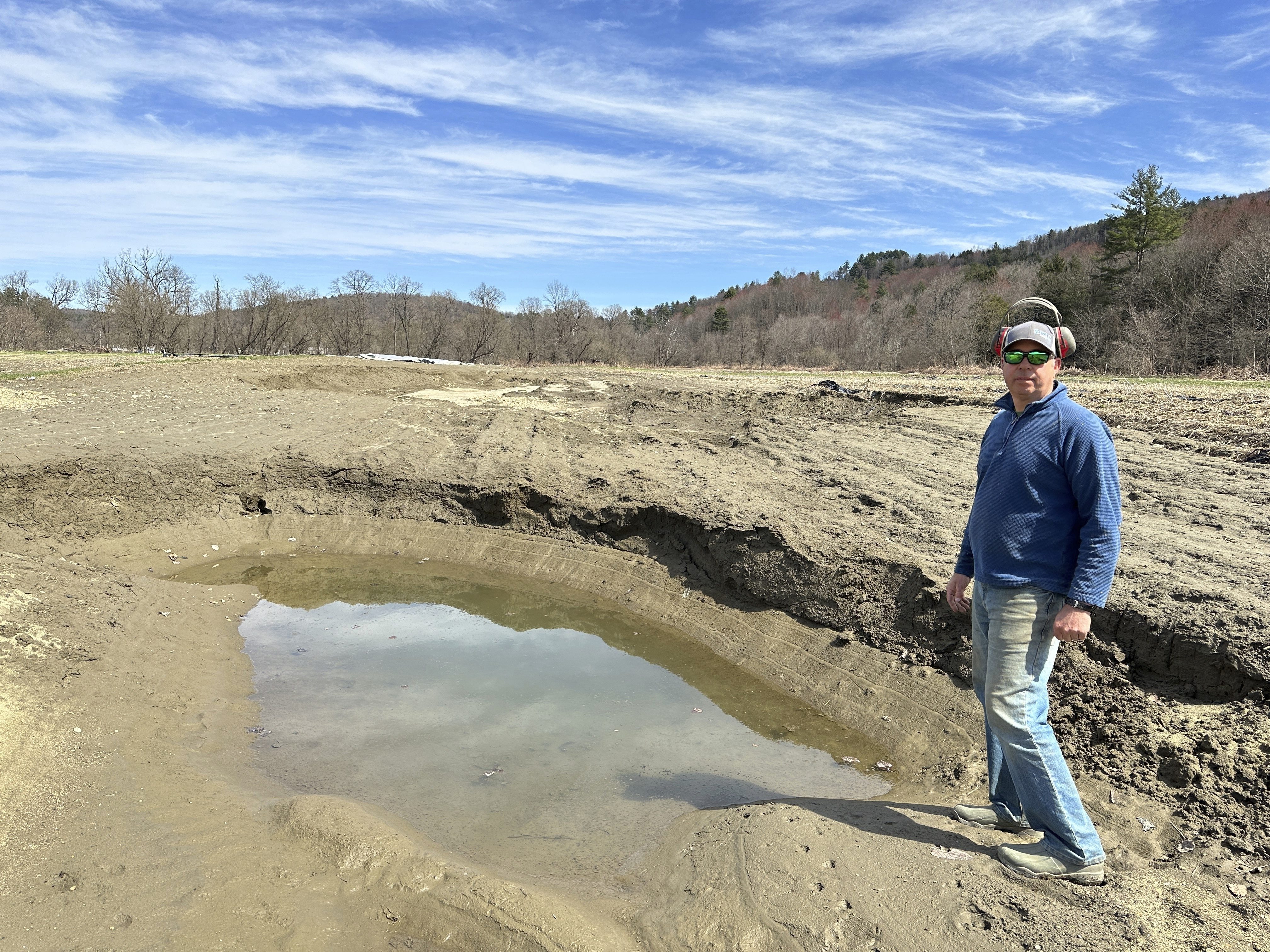A specially-outfitted vehicle will be scanning Vermont’s road infrastructure this summer, using lasers, cameras, and other technology to assess the condition of the pavement.
“They're very smart systems,” said Cory Hackbart, from the company Fugro Roadware, which makes ARAN – the Automatic Road Analyzer. “It’s saying what the true condition of that roadway network is. You’re taking out any subjectivity.”
Hackbart, based out of the Toronto, Canada area, was in Montpelier Tuesday, introducing ARAN to Vermont state lawmakers who serve on the House and Senate transportation committees.
“It sounds like it's information that is really useful to transportation [officials],” Rep. Connie Quimby, R/D-Concord, said of the data ARAN will collect.
Hackbart said ARAN will travel approximately 4,400 miles of Vermont roadways this summer, scanning them for pavement cracks, ruts, thickness changes, and more.
Kevin Viani, who gathers and analyzes data on roads for the Vermont Agency of Transportation, said the state will spend about $200,000 on the contract. He pointed out state funds for repairs or total rebuilds are limited, so the agency wants the information from ARAN so it can know which stretches of road need attention and how urgently they require it.
“This allows us to be informed in those decisions,” Viani told New England Cable News. “What the data allows us to do is look at where in its life the pavement is, and maximize our investment by making repairs at the right time.”
Vermont
The latest news from around the state
Rep. Pat Brennan, R-Colchester, chairs the Vermont House Transportation Committee, and said having good data is vital to determining which projects are deemed priorities. Brennan said before the objective info gathered by ARAN, it used to be that some lawmakers would ask that roads in their districts see repairs first.
“This actually puts some science behind it,” Brennan told necn. “It just allows us to treat [road project decisions] properly and ensures we get the biggest bang for our buck.”
Viani said ARAN hits the road next month for about 11 weeks of work. That time estimate budgets for rain days, Hackbart said, noting ARAN aims to collect information under the most normal conditions as possible.
An ARAN unit would cost about $800,000 to $1.2-million to purchase, depending on how it is outfitted, Fugro Roadware said.
Brennan and Quimby said they believe contracting with the company for the scanning services is a better use of state resources than investing in a state-owned unit that would likely require upkeep and updates to technology. However, Fugro Roadware said many states have elected to purchase their on ARAN units, including Maine.



